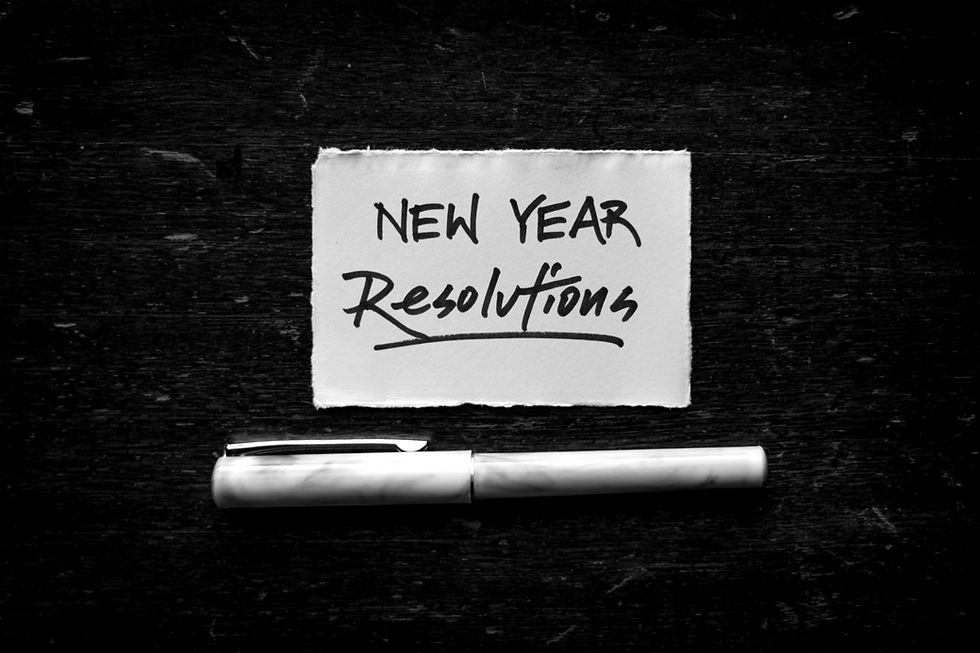Comparing Google Ads and Facebook Ads: Which One Is Right for Your Business?
- Bianca Stiuj
- Sep 16, 2024
- 3 min read

Google Ads and Facebook Ads are two of the most effective digital advertising platforms. However, which one is right for your business depends on your goals, audience, and budget. ELSCEDRES will provide here a short comparison, along with practical examples to help you decide.
1. Audience Targeting
- Google Ads focuses on intent-based targeting. You reach users who are actively searching for your product or service. For example, a local plumber could use Google Ads to target people searching for “emergency plumber near me” and capture those ready to make an immediate purchase.
- Facebook Ads targets users based on their interests, behaviours, and demographics. A new yoga studio, for example, might target people interested in fitness and wellness who live within a specific radius, building awareness even among those not actively searching for a yoga class.
If you are in doubt of which one will fit better with your business and how to use it, contact us today and let us help you
2. Cost and ROI
- Google Ads charges on a pay-per-click (PPC) basis, and costs vary by keyword. For instance, an eCommerce company selling luxury watches may pay more for clicks on keywords like “buy luxury watches,” but the high conversion rate justifies the expense.
- Facebook Ads often has a lower cost per click (CPC). A startup selling eco-friendly clothing could use Facebook Ads to target eco-conscious consumers and build brand awareness, benefiting from the lower CPC while nurturing prospects over time.
3. Ad Formats
- Google Ads offers text-based search ads that appear at the top of search results. A legal firm might use Google’s search ads to appear when people search for “personal injury lawyer.” Display ads, shopping ads, and YouTube video ads also allow visual formats for wider reach.
- Facebook Ads provides highly visual ad formats. A beauty brand could use carousel ads to showcase different products or run video ads that highlight product tutorials, engaging users who enjoy interactive content.
We at ELSCEDRES make use of some of these ad formats so if you want guidance in creating your own we are here to help you.
4.Campaign Objectives
- Google Ads works best for direct conversions. For example, an online course provider might use Google Ads to capture users searching for “digital marketing course,” leading directly to sign-ups.
- Facebook Ads is effective for brand awareness. A restaurant chain might launch a Facebook campaign promoting a new menu, targeting food enthusiasts and nearby customers, generating buzz and long-term engagement.
5. Analytics
- Google Ads tracks conversions in detail. An automotive dealership can track how many users who clicked on an ad for “buy used cars” ultimately filled out a contact form, giving clear insights into campaign ROI.
- Facebook Ads focuses on engagement metrics. A non-profit could monitor how many users like, share, or comment on an ad promoting a donation campaign, optimizing it for higher engagement.
Both analytics are valuable to have and use for further strategies and if you want to know which one will fit best for your type of business, book a FREE consultation with us today and we can figure it out together.
In conclusion, you can use Google Ads for targeting high-intent users, like a travel agency promoting vacation packages to users searching for “cheap flight" and you can use Facebook Ads for interest-based targeting and engagement, like a fashion brand running ads that showcase new seasonal collections to style-conscious audiences.
For many businesses, using both platforms can maximize results by capturing demand through Google Ads and building awareness through Facebook Ads. If you want to use only one and want to find out which could be the best choice, contact us today and let us help decide which could bring more benefits and how to make use of it effectively.



